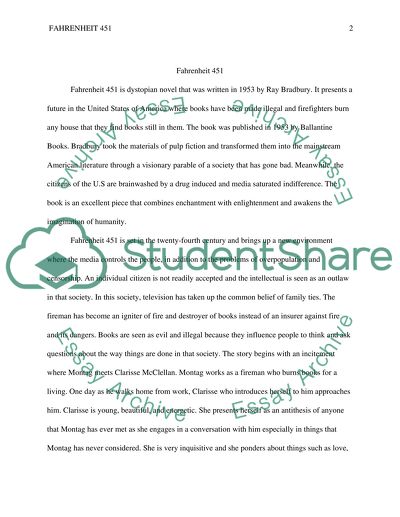Cite this document
(“Fahrehelt 451 Research Paper Example | Topics and Well Written Essays - 1750 words”, n.d.)
Fahrehelt 451 Research Paper Example | Topics and Well Written Essays - 1750 words. Retrieved from https://studentshare.org/literature/1460389-fahrehelt
Fahrehelt 451 Research Paper Example | Topics and Well Written Essays - 1750 words. Retrieved from https://studentshare.org/literature/1460389-fahrehelt
(Fahrehelt 451 Research Paper Example | Topics and Well Written Essays - 1750 Words)
Fahrehelt 451 Research Paper Example | Topics and Well Written Essays - 1750 Words. https://studentshare.org/literature/1460389-fahrehelt.
Fahrehelt 451 Research Paper Example | Topics and Well Written Essays - 1750 Words. https://studentshare.org/literature/1460389-fahrehelt.
“Fahrehelt 451 Research Paper Example | Topics and Well Written Essays - 1750 Words”, n.d. https://studentshare.org/literature/1460389-fahrehelt.


